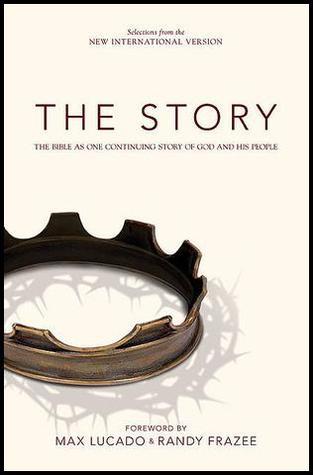

The theme of this week’s sermon on Acts 10 was the Spirit’s desire to reach beyond ‘people like us’ to include outsiders—such as Samaritans, Ethiopian Eunuchs, Romans and Gentiles of all types—as full members of God’s family. As I was sifting through possible ways to highlight that theme, I came across the following illustration. I found it inspiring and important, it just didn’t quite fit the direction the sermon was taking. I thought you might enjoy thinking it over anyway.
‘Some people think that the claim that human equality comes from Jesus is just biased. But when the British historian Tom Holland set out to write his book, Dominion: How the Christian Revolution Remade the World, he was not a Christian. He'd always been far more attracted by the Greek and Roman gods than by the crucified hero of Christianity. But through years of research, he concluded that he, agnostic as he was, held many specifically Christian beliefs. For example, his belief in universal human equality and the need to care for the poor and oppressed.’
Holland writes:
“That every human being possessed an equal dignity was not remotely a self-evident truth. A Roman would have laughed at it. To campaign against discrimination on the grounds of gender or sexuality, however, was to depend on large numbers of people sharing in a common assumption: that everyone possessed an inherent worth. The origins of this principle—as the philosopher Frederick Nietzsche had contemptuously pointed out—lay not in the French Revolution, nor in the Declaration of Independence, nor in the Enlightenment, but in the Bible.”
We Christians don’t appreciate how much the life and ministry of one man could and did so radically change the world he was born into. Jesus has saved in ways that are only now beginning to sink in.

Archived Posts
One Final Scene About Scrooge
There was one more scene in Dickens’s novel that reveals something of what has happened to Scrooge over the years. I did not have time to share it on Sunday, but I believe it reveals a great deal about the regrets in Scrooge’s life....
What Jacob Marley Would Do,
If He Could Do It…
I thought about using the following for a benediction—since Jacob Marley was warning Scrooge about the danger of loving money and what it could buy. Ends up with the Cantata and everything else going on, I didn’t have the time. So here is what you might have heard if the sermon itself was 5 minutes shorter!
A Confirming Word on Old King Herod
I just want to echo what Rick said in his fine sermon yesterday (Nov. 23). Herod was a ruthless tyrant and skilled politician. When the Magi don’t report back to him, he decides to kill all the male children of Bethlehem under the age of 2. That’s one paranoid dude.
Power Without Conscience?
I ran out of room for this vignette in Sunday’s sermon. Remember the quote that could be the headline for Ahab and Naboth: “All that’s needed for evil to triumph is for good people to do nothing.” The following reinforces that truth.
The Cars Are Looking for A King
I don’t have a thing to add to Pastor Jessica’s excellent sermon this last Sunday. The fable/parable she shared has been one of my favorites for all the lessons she pulled from it in her message. I was playing around with my friend Chat GPT and after several abortive attempts, we came up with the following modernized version of Judges 9:7-15.
The Lost Benediction
Depending on the length of the sermon, I try to add a little something extra in my benedictions. This week I wrote up a benediction but then realized we’d be singing and waving our umbrellas to some New Orleans jazz.
Change of Focus This Week
Instead of sharing with you about yesterday’s sermon I’d like to invite you to do some background reading for next Sunday’s “Only Murders in the Bible.” Seeing that it is All Saints Day this Sunday, we are going to look at the very first Christian martyr, Stephen.
